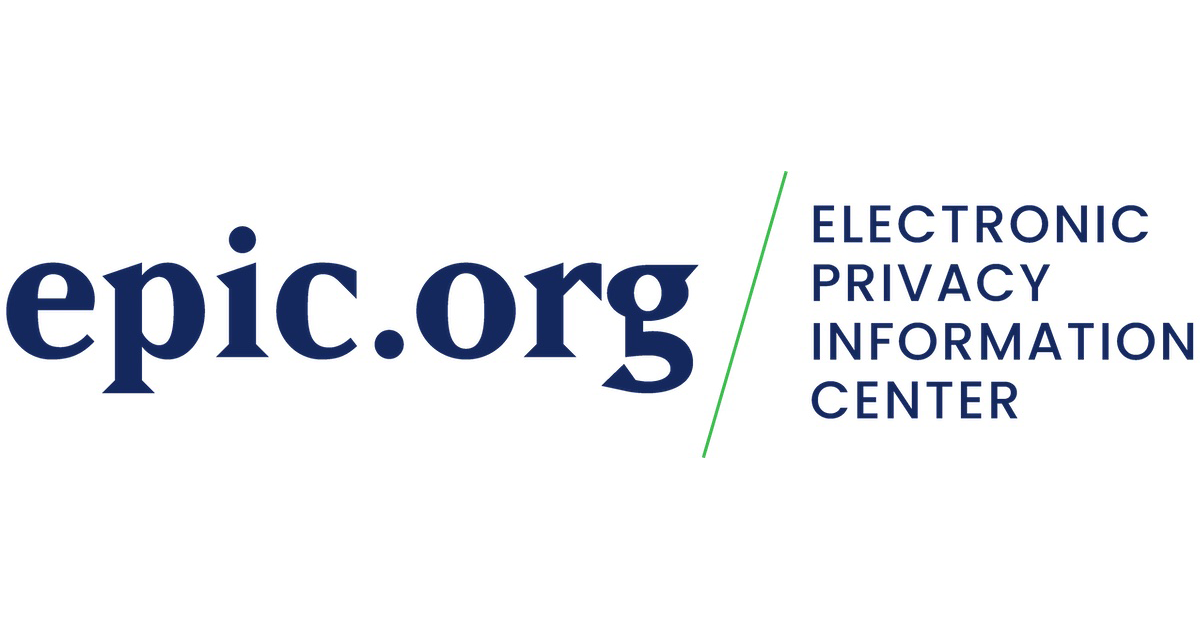By Ben Winters, EPIC Counsel
This week, Politico’s Alex Thompson detailed the close relationship between the Biden administration’s Office of Science and Technology Policy and Schmidt Futures, the philanthropic initiative of former Google CEO Eric Schmidt. The links between Schmidt Futures and Biden’s OSTP add to the already significant influence of Schmidt, who is heavily invested in AI companies, in crafting AI policy for the United States.
Politico’s piece explained how the organization indirectly paid the salaries of now-OSTP Chief of Staff Marc Aidinoff while he was working for the agency and had a similar arrangement for other OSTP staffers. Another OSTP staff member was urged by OSTP’s legal team to withdraw from a Schmidt Futures-funded fellowship. Politico also reported that “Twoother OSTP officials continued to work part-time at the Broad Institute of Harvard and MIT in Cambridge, Mass., a leading biotech facility that had been headed by [former OSTP Director Eric] Lander and where Schmidt chairs the board.”
The U.S. Government has not yet enacted legislation or dedicated substantial funding to protecting individuals from the threats that automated decision-making systems and AI pose to privacy rights or the discriminatory impacts they encode and exacerbate. Despite some agency steps toward protecting individuals—such as actions taken by the Federal Trade Commission and the Equal Employment Opportunity Commission—a pair of largely unfulfilled Executive Orders and piecemeal enforcement has ensured that federal policy prioritizes AI development over the protection of rights. EPIC detailed this funding disparity in recent comments to the National Institute of Standards and Technology. EPIC advocates for building oversight, testing, and regulatory capacity to prevent, control and remediate AI harm.
The federal government has, however, created several influential advisory boards to help inform policy and funding decisions. One of these bodies was the National Security Commission on Artificial Intelligence, or NSCAI. The NSCAI was charged with “review[ing] advances in artificial intelligence, related machine learning developments, and associated technologies” and making policy recommendations to Congress and the President. The NSCAI, like the Defense Innovation Board, was chaired by Eric Schmidt and included executives of large tech companies that regularly vie for defense contracts such as Google, Oracle, and Amazon. These companies stand to profit from the recommendations the Commission made.
Although squarely covered by the Freedom of Information Act and the Federal Advisory Committee Act, which requires advisory committees to hold open public meetings, the NSCAI initially refused to comply with its transparency obligations. EPIC filed suit after the Commission failed to act on EPIC’s open government requests throughout its first year of operation. As a result of EPIC’s case, the Commission was ordered by a court to open its meetings and records to the public. As part of the Commission’s compliance with EPIC’s FOIA request, EPIC received several presentations from outside groups that informed some of the NSCAI’s report: one which framed U.S. AI policy in terms of direct competition with China and argued that the U.S. was lacking…
